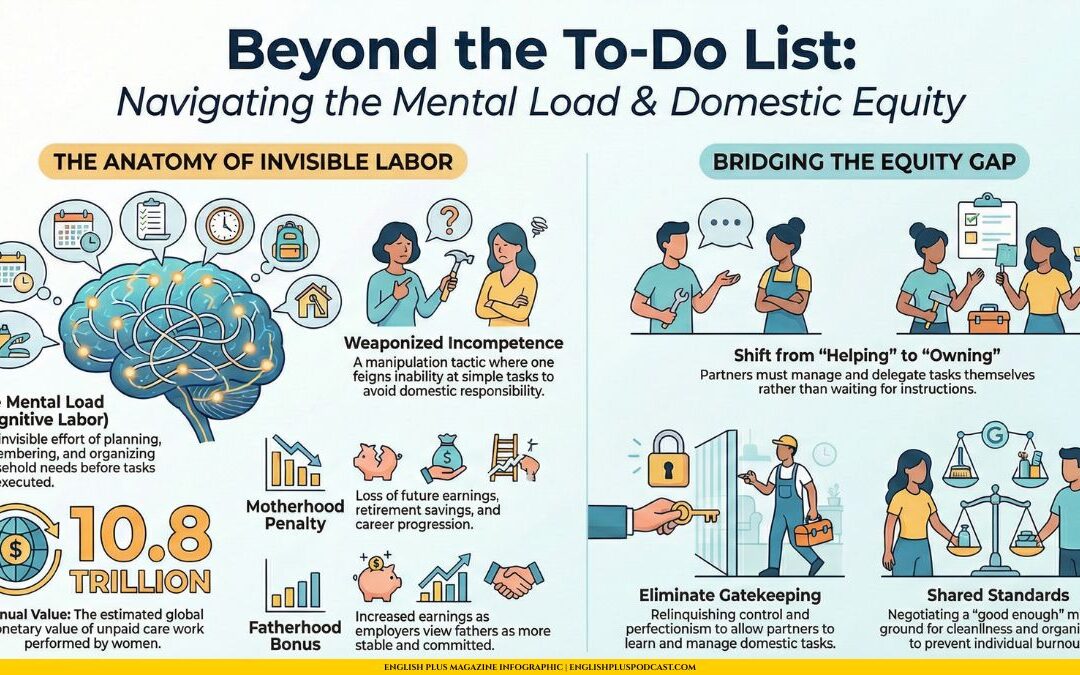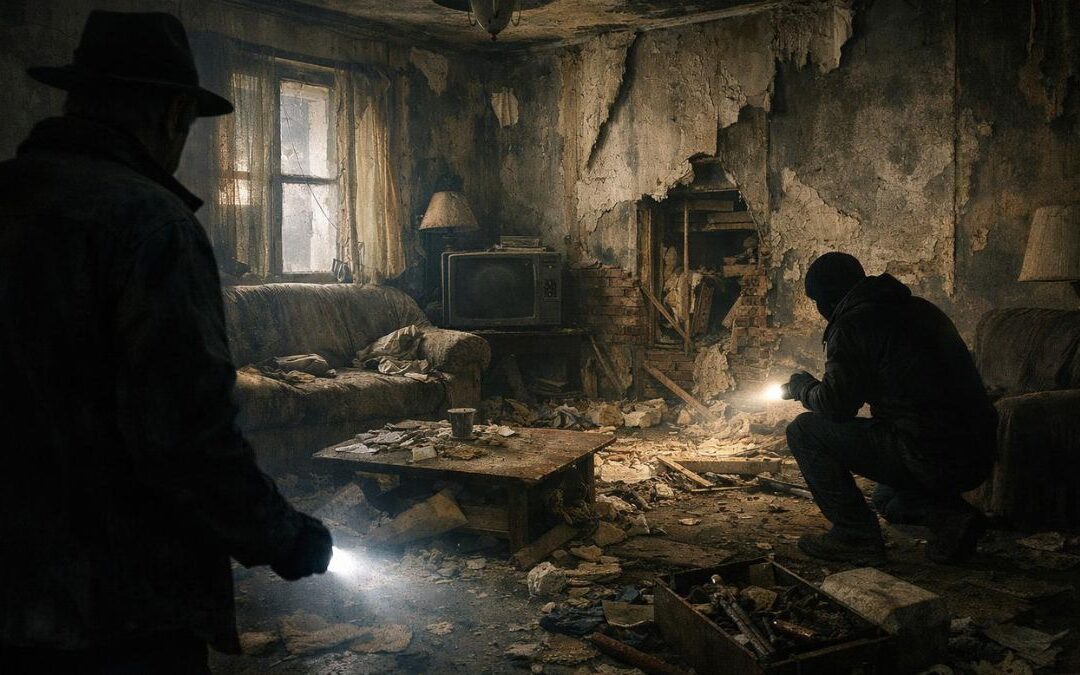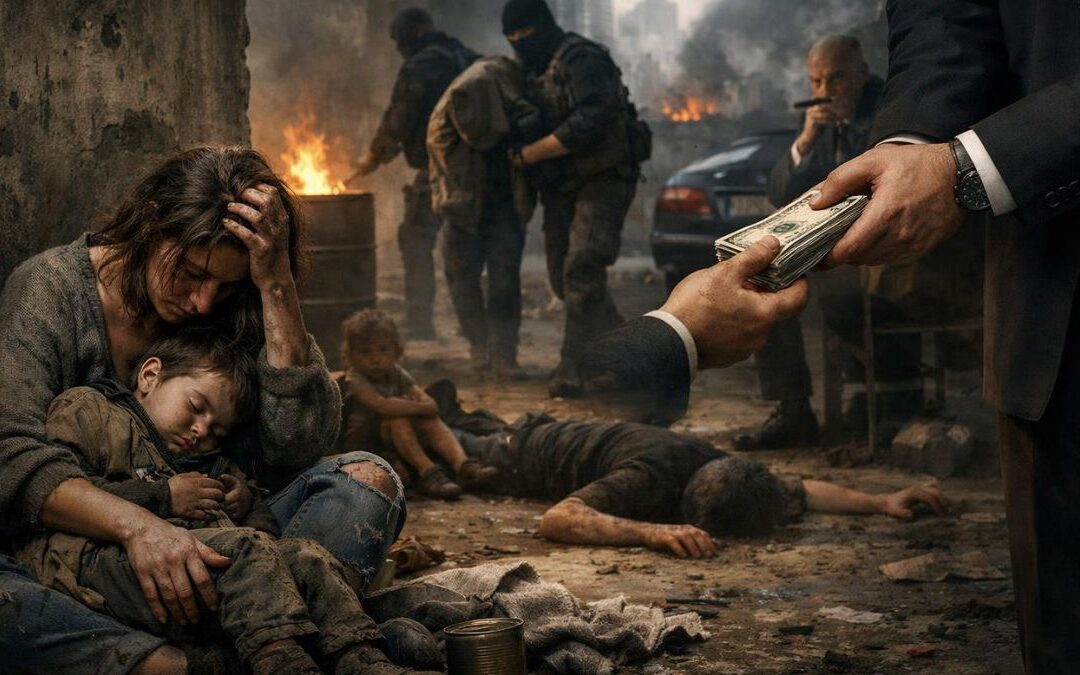So, what’s the point? We’ve spent all this time in the deep end, talking about cognitive tunnels, the grammar of judgment, the theft of the future, the myth of the starving artist. It’s heavy. It’s a lot to hold. And after all that learning, all that thinking, you walk outside, and the world looks exactly the same. The sun rises, the traffic is still terrible, and the problems we discussed feel just as big and intractable as they did before. It’s the perfect recipe for a special kind of paralysis, a feeling that you’ve just been given a detailed architectural blueprint of a prison, but no one handed you a key. If knowledge is power, why does it so often leave us feeling powerless? This is the final, most important step: bridging the empathy gap between what we now know in our heads and how we choose to live in the world.
Let’s be brutally honest. It’s entirely possible to learn all of this and have it change absolutely nothing about your life. It can become a collection of interesting, slightly tragic intellectual trivia. You can drop terms like “bandwidth tax” at a dinner party to sound informed. You can feel a fleeting, superior sort of pity for people in difficult situations. And then you can go on with your day, your interactions unchanged, your judgments firmly in place. This is the great danger of academic understanding—it can inoculate you against true feeling. It can become a shield you hold between yourself and the raw, messy reality of another person’s life.
But what if this knowledge wasn’t meant to be a fact sheet? What if it was meant to be a new lens? A new prescription for the glasses through which you see the world. The world itself doesn’t change, but your ability to see it with clarity, depth, and focus is revolutionized. Suddenly, the blurry shapes you used to dismiss as background noise sharpen into focus, revealing intricate, human detail you never saw before. The real work isn’t in memorizing the concepts; it’s in daring to look through the new lens, especially when it’s uncomfortable.
Think about the last time you were frustrated in a checkout line. The cashier is moving at a glacial pace. They scan your yogurt, then just stare into the middle distance for a moment. They fumble the change. They seem distracted, maybe even a little rude.
The old lens—the default lens our culture gives us—provides a simple, satisfying story: This person is incompetent. They don’t care about their job. Their bad attitude is inconveniencing me. It’s a clean narrative of individual failing. You get to be the righteous, put-upon customer. It’s an easy, low-effort judgment.
But what does the new lens show you? You don’t know their story, not really. But you now know about the tunnel. You know what scarcity does to a human brain. So a new set of possibilities emerges. Maybe this person was up all night with a sick kid and the doctor’s bill is sitting on their kitchen table like a time bomb. Maybe the rattling in their car on the way to work got louder, and they have no idea how they’ll afford the repair they need to keep this very job. Maybe they’re running a frantic, terrifying calculation in their head about which bill to pay to keep the lights on. Their slowness is no longer an insult to you. It might just be the physical manifestation of a mind that is at 110% capacity, a mind that has no cognitive slack left for pleasantries.
Does this new story make the line move any faster? No. But it fundamentally changes your experience of waiting in it. Your irritation can soften into a quiet, tentative grace. You are no longer a victim of bad service; you are a witness to a fellow human being who is, perhaps, carrying a weight you cannot see. The story shifts from judgment to compassion.
Or think about the parent in the grocery store with the screaming child, the one we’ve all seen. The kid is having a full-blown, operatic meltdown in the cereal aisle. The parent looks exhausted, frayed, on the verge of tears themselves. The old lens judges. Why can’t they control their kid? Why did they even bring them here if they’re going to act like that?
The new lens invites curiosity. We know that scarcity isn’t just financial; it’s a scarcity of time, of patience, of emotional reserves. Maybe this is the only window of time this single parent had to get groceries between two low-wage jobs. Maybe the child is hungry or tired, and the parent is feeling the crushing shame of being stared at by a dozen strangers, all while their own internal resources are completely depleted. Your stare of judgment is just one more weight added to their already unbearable load. What if, instead, they felt a glance of solidarity? A small, knowing smile that says, “I see you. This is hard. You’re doing okay.”
This isn’t about grand, heroic gestures. This is what I mean by the “micro-politics” of daily life. It’s about the thousand tiny choices we make every day to either reinforce the walls of judgment or to dismantle them, brick by brick. It’s the choice to take a breath before honking at the person who didn’t immediately hit the gas when the light turned green. It’s the choice to make eye contact with the janitor in your office building and thank them by name. It’s the choice to listen—truly listen—to a friend who is struggling, without immediately jumping in with unsolicited advice on how they should just “think positive.”
This is not a call for toxic positivity. This is not about pretending problems don’t exist. It is the absolute opposite. It’s about looking at the problems with more honesty than ever before. It’s about acknowledging that when we see someone struggling, their struggle is real, and it is likely more complex than our first, lazy judgment would have us believe. Choosing grace over judgment doesn’t fix the systemic issues that create poverty. Your patient smile won’t pay that cashier’s medical bills. But what it does do is refuse to participate in the dehumanizing gaze that makes poverty so much more painful. You are, in that small moment, offering a micro-dose of dignity. You are affirming their humanity in a world that is constantly trying to strip it away. You are reminding them—and yourself—that we are all in this together.
And what about us? What about the moments we are that person? The times our own bandwidth is shot, when we are the distracted cashier, the overwhelmed parent, the person who needs a little grace. The more we practice offering it, the more we recognize our own deep need for it. This practice of empathy isn’t just for others; it’s for ourselves, too. It builds a world we’d all feel a little safer falling down in.
So now what? Now, we try. We fail. We get impatient. We fall back into our old habits of judgment because it’s easy and it makes us feel momentarily superior. And then, we notice. We catch ourselves. And we try again. We choose the new lens, even when it’s heavy. We choose the more complicated story over the simple one. We choose to believe that most people are doing the best they can with the resources they have. We choose to not just know more, but to try, with every small interaction, to be just a little bit better. That’s it. That’s the work.
Think about your day so far. Who did you interact with? The person who made your coffee, the driver who cut you off, the coworker who seemed withdrawn. I want you to pick one of those interactions. How would the story you told yourself about that person change if you looked at it again, through this new lens? What changes for you, when you change the story?










0 Comments